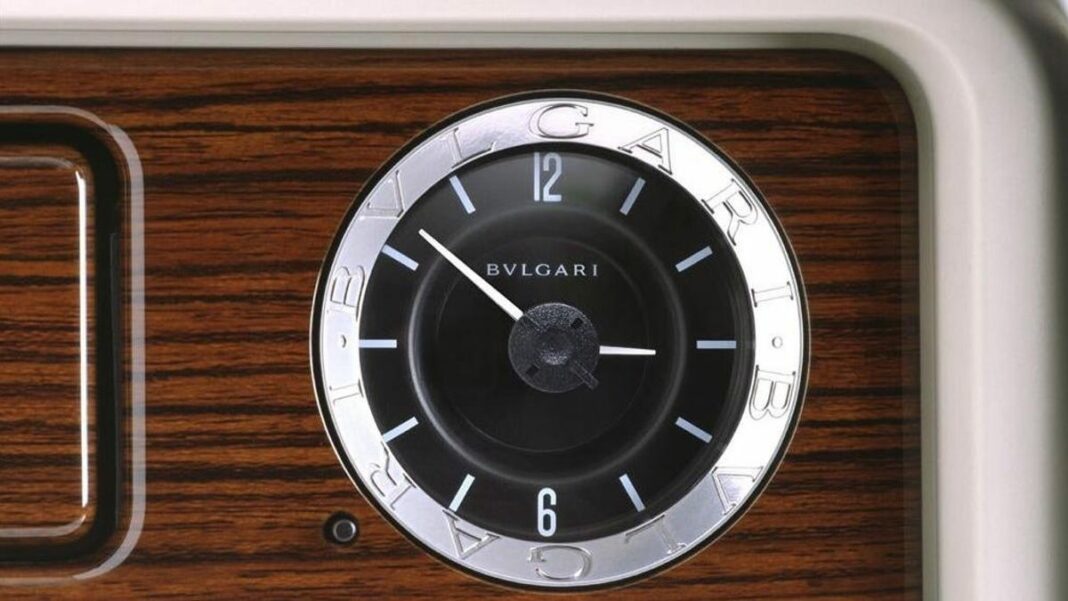What Was The Most Pointless Automotive Partnership?
Introduction
Over the years, the automotive industry has seen numerous partnerships between manufacturers in an effort to stay competitive and innovative. However, not all partnerships have been successful or even necessary. In this article, we will discuss what was considered the most pointless automotive partnership in the industry.
The Most Pointless Partnership
One of the most talked-about and criticized automotive partnerships was between Ford and Jaguar. In 1989, Ford acquired Jaguar for $2.5 billion in an attempt to expand its luxury car lineup and gain access to Jaguar’s expertise in engineering and design. At the time, it seemed like a strategic move for both companies.
However, over the years, it became evident that the partnership was not as beneficial as initially thought. Ford struggled to integrate Jaguar into its operations and failed to make a significant impact on the luxury car market. Jaguar, on the other hand, faced challenges with maintaining its brand identity and suffered from quality control issues.
Despite numerous attempts to revitalize the partnership, including the introduction of new models and technologies, Ford and Jaguar never truly found success together. In 2008, Ford sold Jaguar to Tata Motors, bringing an end to what many considered a failed partnership.
Lessons Learned
The Ford and Jaguar partnership serves as a cautionary tale for other automotive companies considering similar collaborations. It highlights the importance of strategic alignment, cultural fit, and clear goals when entering into a partnership. Both parties must have a clear understanding of their roles and responsibilities to ensure a successful outcome.
Additionally, it is essential for companies to conduct thorough due diligence before making any decisions regarding a partnership. This includes evaluating the financial stability, market positioning, and long-term viability of the potential partner. Rushing into a partnership without proper research can lead to costly mistakes and wasted resources.
Conclusion
In conclusion, the Ford and Jaguar partnership is widely regarded as one of the most pointless collaborations in the automotive industry. Despite high hopes and initial optimism, the partnership ultimately failed to deliver the desired results for both companies. It serves as a valuable lesson for other automotive manufacturers on the importance of careful planning and consideration when entering into partnerships.
FAQs
Q: Are all automotive partnerships doomed to fail?
A: Not all automotive partnerships are unsuccessful. Many successful collaborations have led to innovative technologies, cost savings, and market growth. The key is to ensure that both parties have a clear vision, mutual benefit, and effective communication.
Q: How can automotive companies avoid pointless partnerships?
A: Automotive companies can avoid pointless partnerships by conducting thorough due diligence, setting clear goals and expectations, and maintaining open and transparent communication throughout the collaboration. It is essential to align strategic objectives and ensure compatibility between the partners.
Q: What can be learned from failed automotive partnerships?
A: Failed automotive partnerships can provide valuable insights into the pitfalls and challenges of collaboration. Companies can learn from past mistakes, identify areas for improvement, and implement better practices for future partnerships. It is essential to analyze the root causes of failure and take proactive steps to prevent similar issues from arising in the future.




